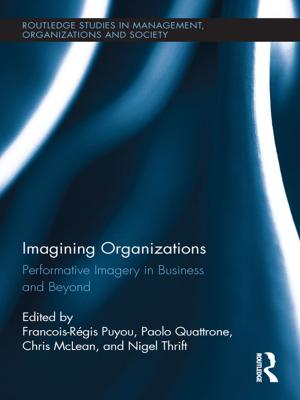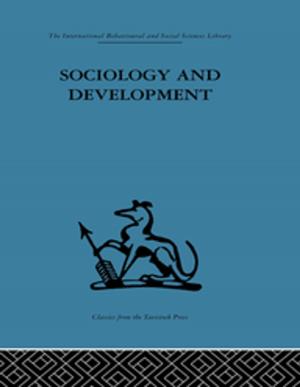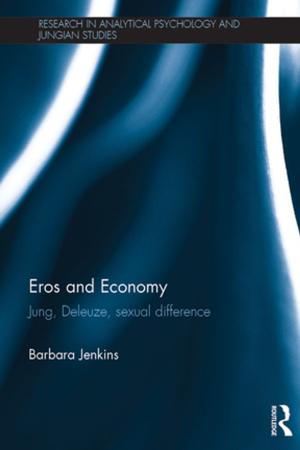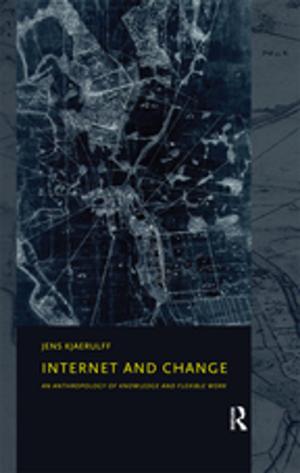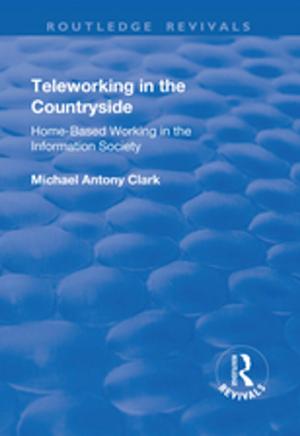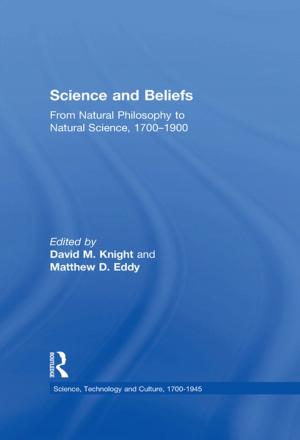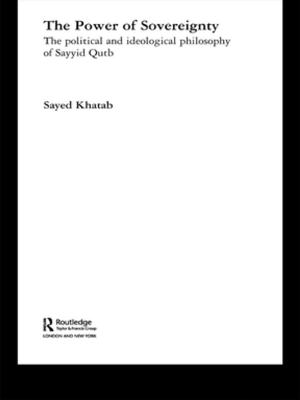Religion and Politics Under Capitalism
A Humanistic Approach to the Terminology
Nonfiction, Religion & Spirituality, Christianity, Church, Church & State, Reference, History, Social & Cultural Studies, Political Science| Author: | Stefan Arvidsson | ISBN: | 9780429624421 |
| Publisher: | Taylor and Francis | Publication: | April 17, 2019 |
| Imprint: | Routledge | Language: | English |
| Author: | Stefan Arvidsson |
| ISBN: | 9780429624421 |
| Publisher: | Taylor and Francis |
| Publication: | April 17, 2019 |
| Imprint: | Routledge |
| Language: | English |
This book relates some of the major trends within religion and politics to offer a historical framework with which to assess their interactions and a point of departure for studies to come. The study of the interrelationship between contemporary religious practice and modern politics is divided between several scholarly disciplines, all embracing different terminologies as well as multiple theoretical and philosophical premises. Such diversity of perspectives is to be welcomed, but it can inhibit the ability of academics to form a cohesive and coherent dialogue around the subject.
While critically assessing the historic, sociological, political, theological and anthropological aspects of religion and politics, the book demonstrates the crucial importance of recognising the capitalist economy as the framework for understanding their dynamic relationship. Moreover, it claims that humanism is the proper lens through which to critically engage with religion in society and must be the favoured point of departure for any study within the field.
This book offers a unique overarching viewpoint for of all these divergent scholarly trends and traditions. As such, it will be of significant use to academics in religious studies, political science, sociology and anthropology.
This book relates some of the major trends within religion and politics to offer a historical framework with which to assess their interactions and a point of departure for studies to come. The study of the interrelationship between contemporary religious practice and modern politics is divided between several scholarly disciplines, all embracing different terminologies as well as multiple theoretical and philosophical premises. Such diversity of perspectives is to be welcomed, but it can inhibit the ability of academics to form a cohesive and coherent dialogue around the subject.
While critically assessing the historic, sociological, political, theological and anthropological aspects of religion and politics, the book demonstrates the crucial importance of recognising the capitalist economy as the framework for understanding their dynamic relationship. Moreover, it claims that humanism is the proper lens through which to critically engage with religion in society and must be the favoured point of departure for any study within the field.
This book offers a unique overarching viewpoint for of all these divergent scholarly trends and traditions. As such, it will be of significant use to academics in religious studies, political science, sociology and anthropology.

